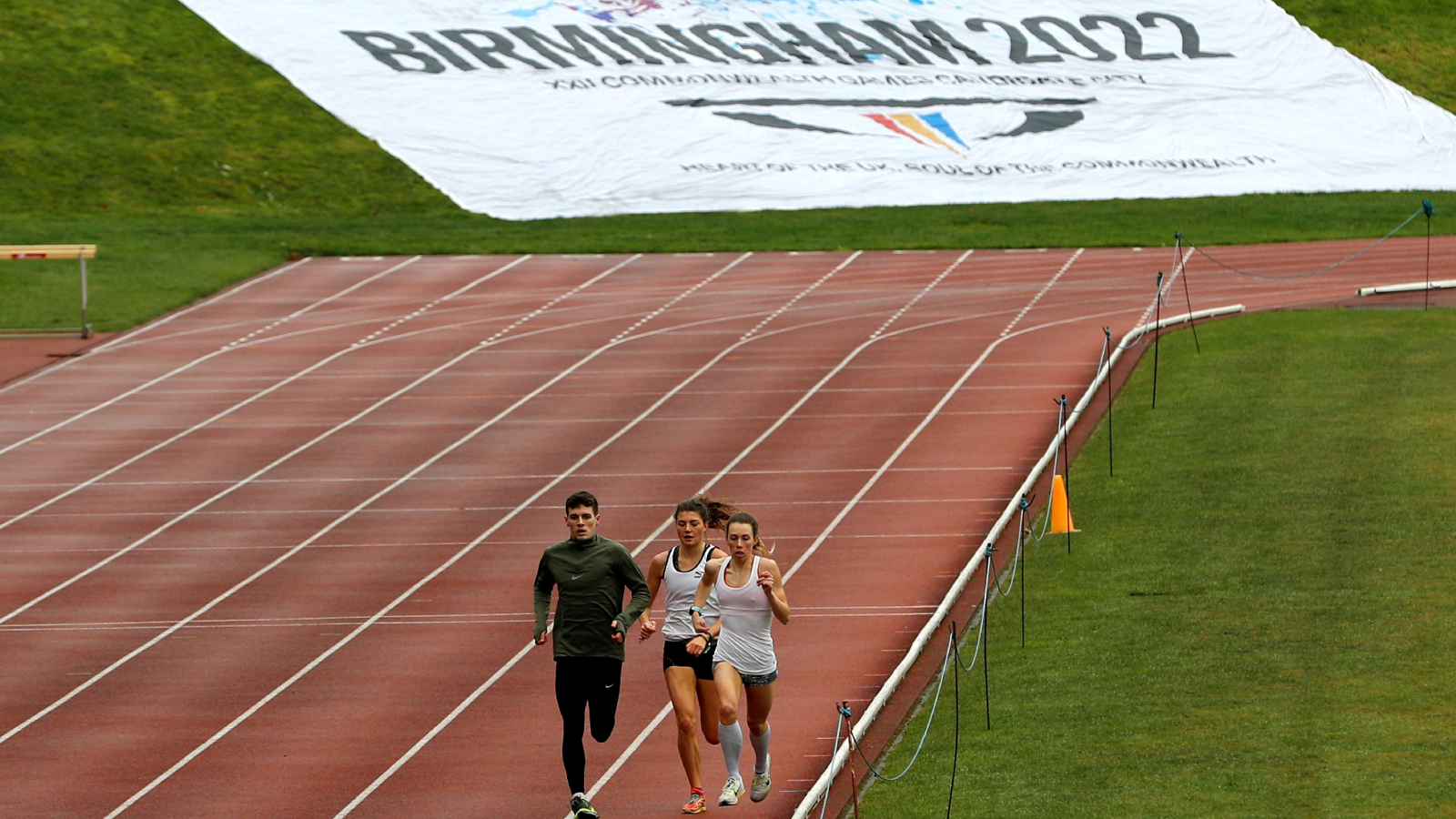 |
|
The Commonwealth Games, once a celebration of shared history and athletic prowess within the former British Empire, are now facing a stark reality of shrinking budgets and a potential future as a scaled-down event. The economic pragmatism of nations and the waning relevance of the Commonwealth itself are casting a long shadow over the Games, leading to a proposed 10-sport version that would significantly alter the traditional format and leave many sports out in the cold.
The 2026 edition, originally planned for Victoria, Australia, was forced to relocate to Glasgow, Scotland, after the Australian state backed out due to financial concerns. This shift highlights a growing trend of nations becoming hesitant to bear the financial burden of hosting the Games. India, Canada, and Malaysia, all with relatively strong economies within the Commonwealth, declined the opportunity to host the event, signaling a lack of enthusiasm for the Games' current model.
The proposed 10-sport Games, a drastic reduction from previous editions, would see the elimination of several popular sports, including hockey, cricket, rugby, badminton, squash, and table tennis. This decision is driven by a desire to reduce costs and focus on sports with strong medal potential, a harsh reality that underscores the changing priorities within the Commonwealth. While netball has found a place in the proposed format, the future of the excluded sports remains uncertain, casting a shadow over their potential return to the Games.
India, facing the prospect of a less competitive medal standing at the 2026 Games, is urged to utilize this opportunity to strengthen its programs in core sports like athletics, swimming, gymnastics, and cycling. The country can draw inspiration from its BRICS partner, Brazil, which successfully elevated its athletics, gymnastics, and swimming programs after hosting the 2016 Olympics. By prioritizing these key sports, India can lay a foundation for future success on the international stage, particularly aiming for the Olympics.
The future of the Commonwealth Games is at a crossroads. The financial realities and changing priorities of nations within the Commonwealth have led to a proposed stripped-down version of the event, raising questions about the Games' long-term viability. As nations grapple with these challenges, the Games will need to adapt to remain relevant and appealing in a rapidly evolving sporting landscape. The fate of the Commonwealth Games hangs in the balance, with the choices made today shaping its future for generations to come.
Source: Is the future of the Commonwealth Games a stripped down and budget-friendly version?
